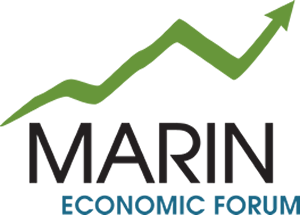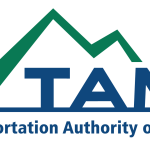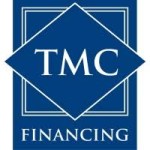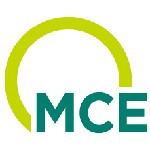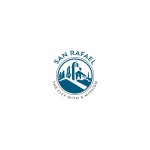Economics of Ebola

October 2014 was a wild month on financial markets and also on global issues, specifically around communicable diseases. The geopolitics in 2014 have already been shaky, as well as the global economic forecasts. Europe, as an entry point from many from West Africa into the emerged world, had risks popping up all over the place during October 2014; the European economy’s forecast for 2014 overall was downgraded by the IMF, and then reports about the German economy and also the British economy not growing enough on the consumption side to drive prices up signaled a possible triple dip recession in Europe. A disease scare can easily contract both business investment and consumption simultaneously and have a deleterious effect on world financial markets. While November is approaching and it seems as if the Ebola scare is slowing down, the recent events tell us that the American economy is vulnerable to an outbreak of disease anywhere in the world if the expectations change about spreading to the United States.
The key to the economic effects from such an issue is based on expectations initially. How the politics and social aspects of new information transmit to other parts of our economy can be as problematic as the spread of actual cases. Ebola is simply one example of many issues that can easily become contagion. Expectations drive financial market activity and become quick-moving changes to consumer and businesses.
One of the dubious aspects of such a disease spread is the search for a cure, the manufacturing of vaccines and other medicine to help relieve symptoms, and the large-scale efforts to help contain and defeat the issue in terms of the populace affected. All these acts have stimulative effects on the economy and help combat the negative expectations from reduced consumption and fear affecting financial markets downward. For health care, there is more spending on education about not spreading disease and in prevention efforts otherwise; for those areas unfortunately affected by actual cases, the increase in both private and public resources to help solve the problem on the ground can provide a boost to the local economy. Disease spread has a similar effect on an economy as a natural disaster, such as a hurricane or earthquake. Initially, there is cost and then there are some gains as markets react.
For Marin County, we have avoided any Ebola cases for now. Other viruses can easily spread and lead to people and businesses thinking twice about expanded spending. The swine flu, or H1N1, was a scare in 2009; SARS was a major scare in 2002 and 2003. In each case, our economy did not know what direction the future would bring and that leads to some slowdown in spending based on a lack of expectations. Like any disease, expectations (both good and bad) can spread quickly and in unmetered ways. One of the most challenging aspects of this recent and continuing episode is how to shape expectations in ways that inform but do not ignite bad decision making. This is a classic issue in the economics of the news media, as headlines sell and society has come to expect that social media can inform as quickly as classic media. We all need to tread lightly, especially when it comes to making economic decisions over the next few months as changes continue to come from remote parts of the world. All this reminds us how flat out planet has become and there is always opportunity costs in our decisions.
